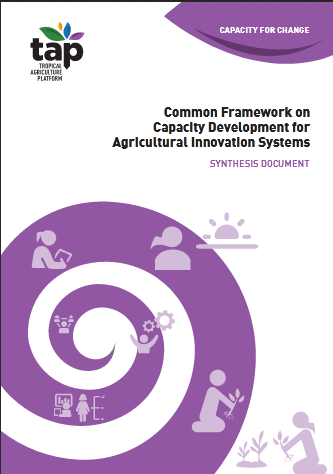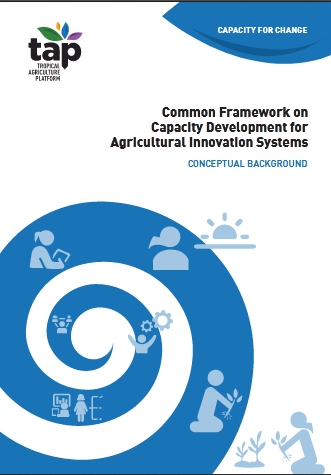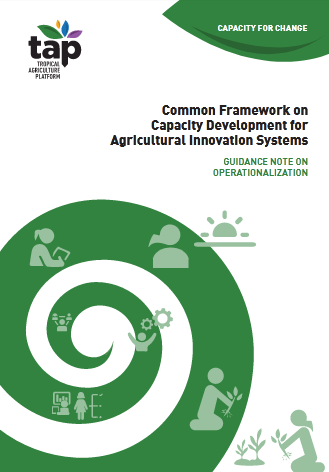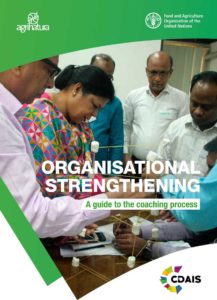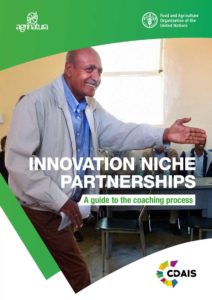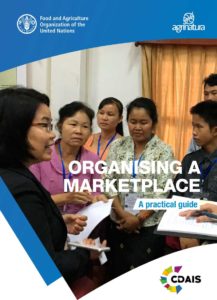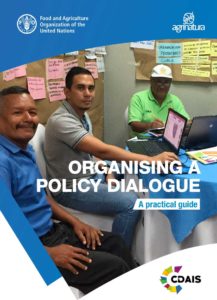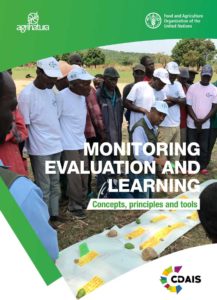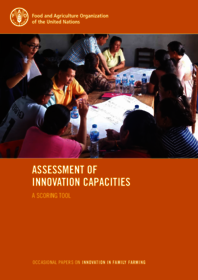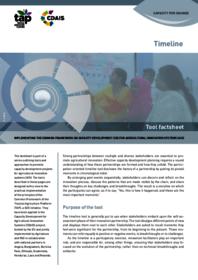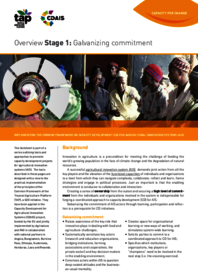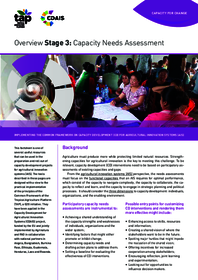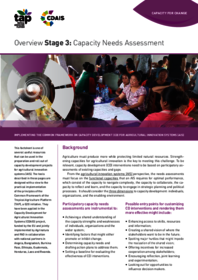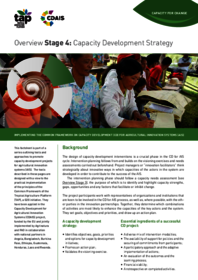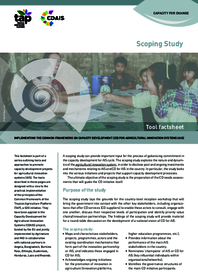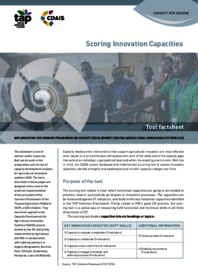In this section you can find the main resources developed by the Tropical Agriculture Platform (TAP)
Common Framework Volumes
The Common Framework developed by TAP proposes a practical approach to development of capacities for agricultural innovation.
Capacity Development Manuals
TAP Tools
FAO in collaboration with Agrinatura has produced a series of factsheets outlining tools and approaches to promote capacity development projects for agricultural innovation systems (AIS). The tools are designed with a view to the practical implementation of the principles of the Common Framework of the Tropical Agriculture Platform (TAP). They have been applied in the CDAIS project.
Other TAP resources
This section contains other resources developed by the Tropical Agriculture Platform, such as practical implementation tools and factsheets for Capacity Development, Success stories from implemented projects, TAP Charter, TAP annual reports, and many more.');

